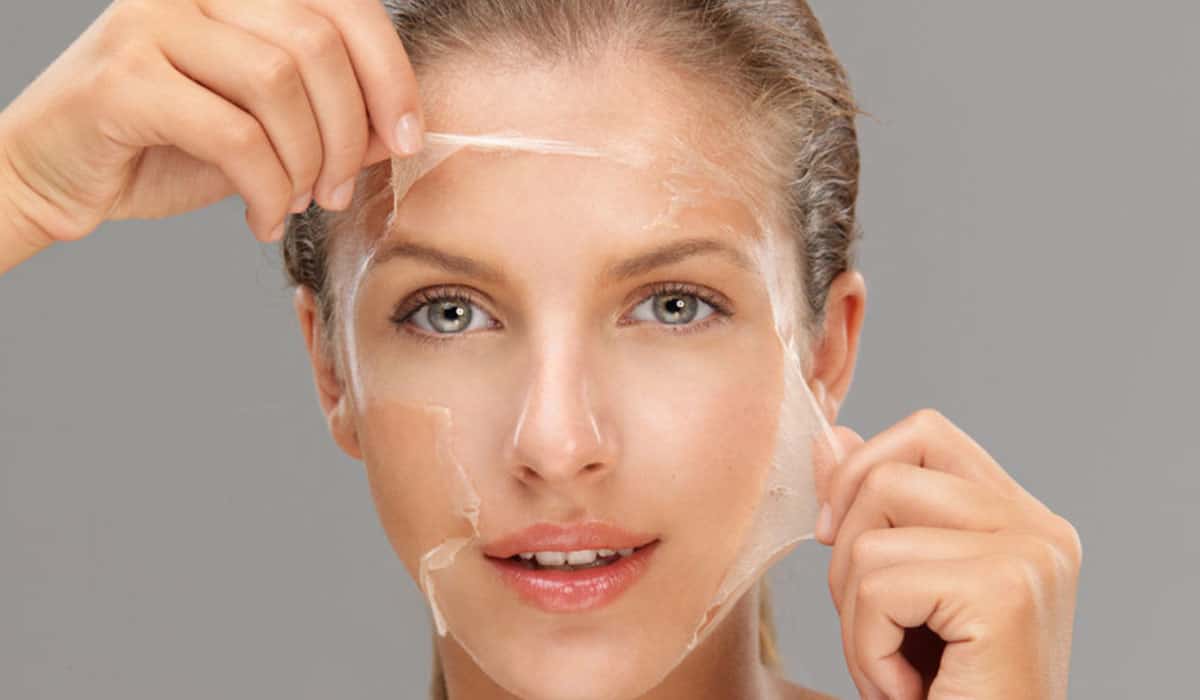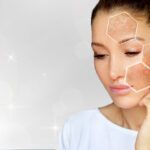9 reasons why you should get a skin peel
Skin peeling via chemical peels is a “reboot” for your skin, allowing you to renew the cells of the epidermis. Several chemical peel treatments can help treat a myriad of skin problems, so there’s no reason not to try this magical treatment.
Home peeling vs peeling by a cosmetologist
Peelings that can be used at home do not penetrate deep into the skin and give a subtle result, but they certainly help maintain an even tone and healthy skin. Chemical peels performed by aestheticians have a lower pH than home-use peels, so they can penetrate much deeper into the skin and fight skin problems like hyperpigmentation and acne. A skin peel can cause reddening of the skin, and the recovery period will last for several days. During the recovery period, the “old” skin will gradually peel off and new skin will appear.
Skin peels performed by cosmetologists will be much more effective for your skin than peeling at home.
Types of skin peels
Skin peels differ in the composition of acids that act on a specific layer and fight a specific skin problem. The solution is applied to the skin, usually in several layers, although some peels are just one layer, like a treatment mask. The acids contained in the product “dissolve” the top layers of the skin, creating controlled wounds and thus allowing the skin to regenerate itself.
The procedure for chemical peeling of the face has different effects on the skin. The deeper it is, the more noticeable changes can be achieved. There are the following levels of exfoliation:
Surface cleaning, medium chemical facial peel, deep chemical peel. To learn in explicit detail about the types of peels, please read our previous blog.

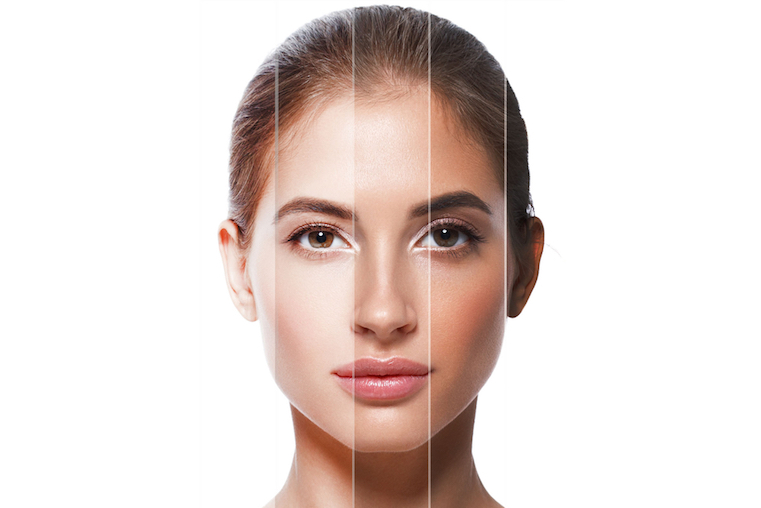
9 reasons why you should get a skin peels
- Improves the texture of your skin;
- Increases the rate of renewal of your skin cells;
- Improves the skin’s ability to retain moisture and makes it more hydrated;
- Helps your skin produce more collagen
- Reduces fine wrinkles;
- Reduces hyperpigmentation;
- Clears pores and helps to clear acne from the face;
- Makes your skin smooth, soft, and velvety;
- Makes your skin more even and reduces minor scarring on the skin.
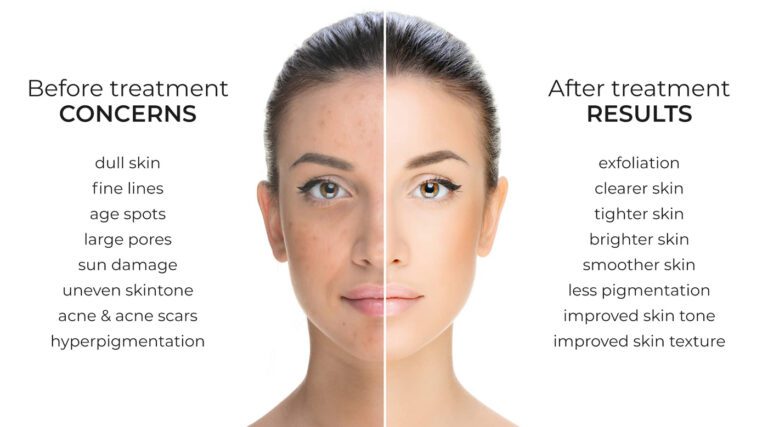
Who is a chemical peel candidate?
Chemical peeling is suitable for almost all skin types, but you should pay attention to contraindications for peeling. As a general rule, people with darker skin should take precautions to make sure a peeling procedure is right for their type. The reason for this is that very strong chemical peels can increase hyperpigmentation on darker skin.
Although the majority of patients are good candidates for chemical peels, chemical peels are not recommended for patients who:
- Are nursing or pregnant
- Have sunburnt skin
- Have an open wound or sore
- Have certain cancers or autoimmune diseases
- Have taken Accutane (Isotretinoin) in the past six months
After a skin peel, the skin is more sensitive to sunlight, therefore, it is necessary to use sunscreens and products with SPF after the procedure.
Before the procedure, the cosmetologist must take into account many factors and ask all the necessary questions so that the procedure is as comfortable as possible for the client and gives the best result with the fewest possible side effects.
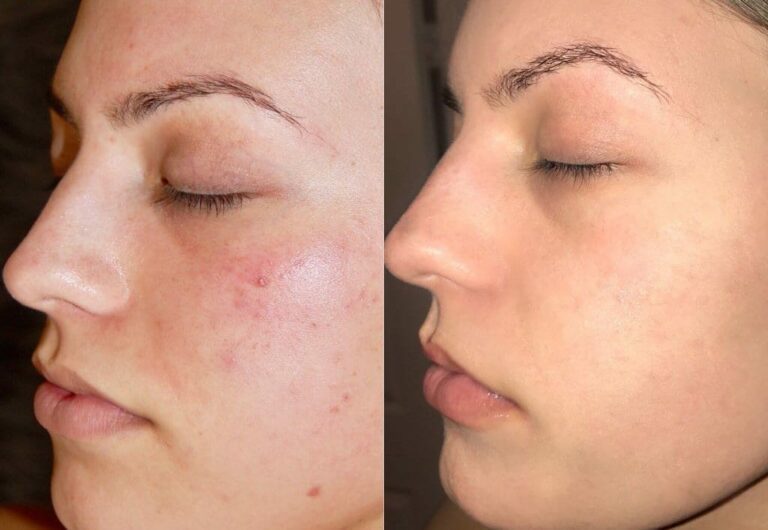
How is peeling performed and what to look for after the procedure?
Before the procedure, the skin is cleansed and “degreased”. During the procedure, you will feel the warmth and burning on the treated surface. To reduce discomfort, you can use a fan or local anesthesia. After peeling, protect your skin from the sun. It is not recommended to carry out the procedure during the summertime or before leaving for warm countries.
After peeling, you will feel tightness and slight dryness of the skin. The skin may remain reddened for up to an hour after the procedure. The condition of the skin in the post-peeling period depends on the type of skin and the type of peeling performed.
It is recommended to avoid excessive physical activity with increased sweating for several days after the procedure. Do not rub the treated skin area after peeling. Do not use retinol or AHA products for at least 10 days after peeling. Exclude visits to saunas and baths for several days.
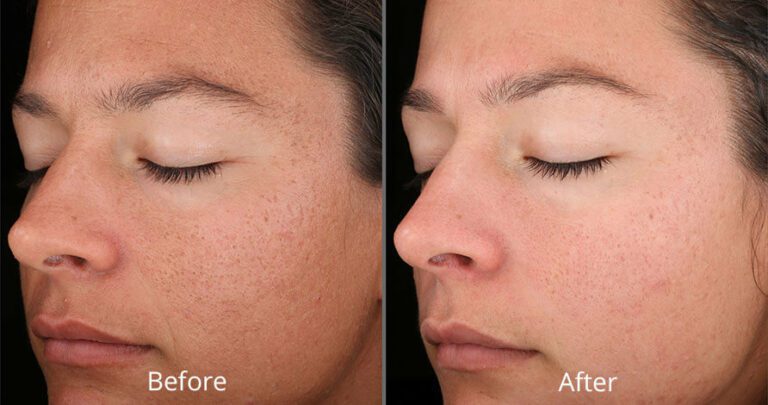
How often can a skin peels be done?
It is best to exfoliate every four to six weeks. But if you suffer from acne, there are several peels that can be done every two weeks until you get the results you want.

